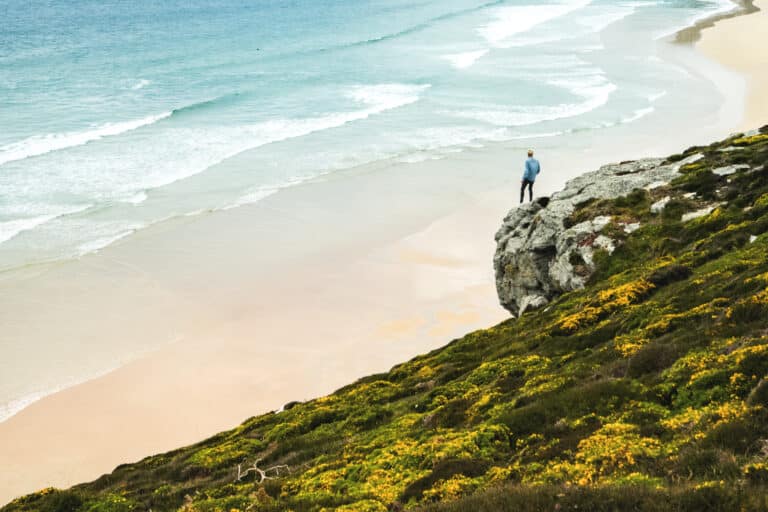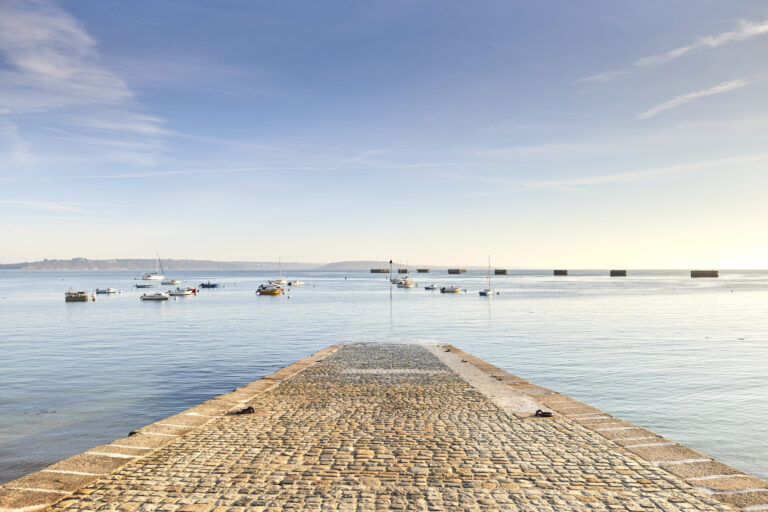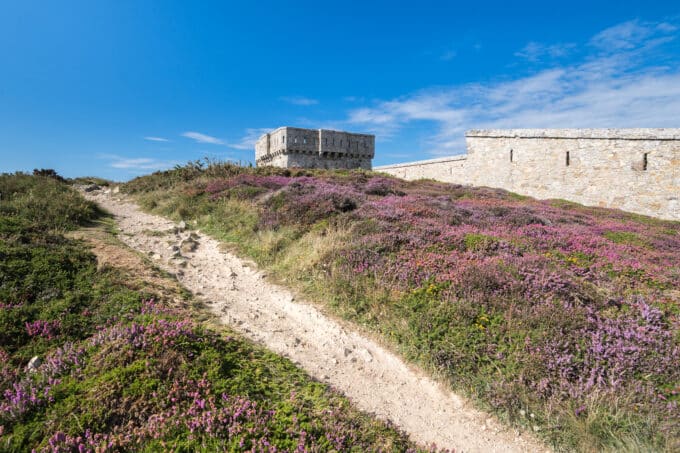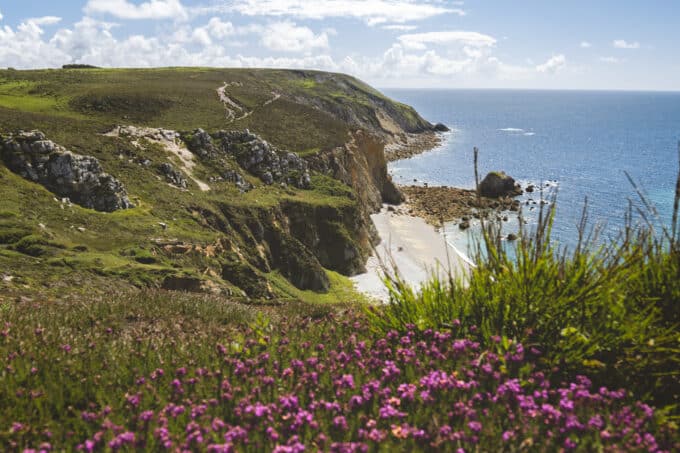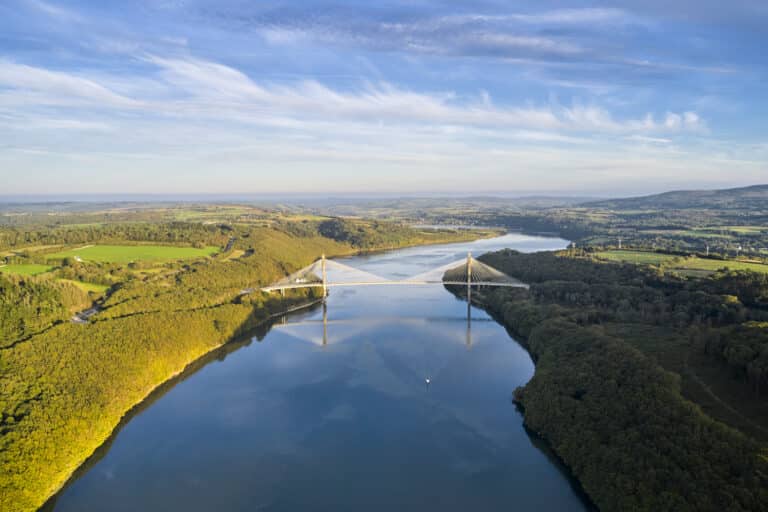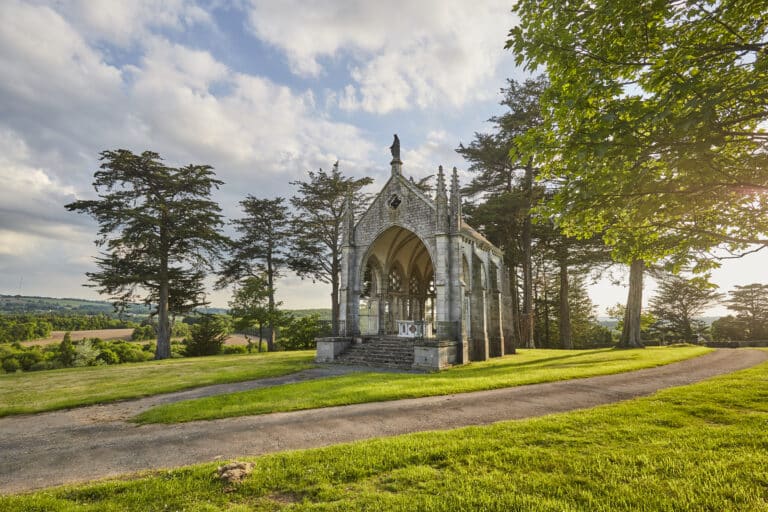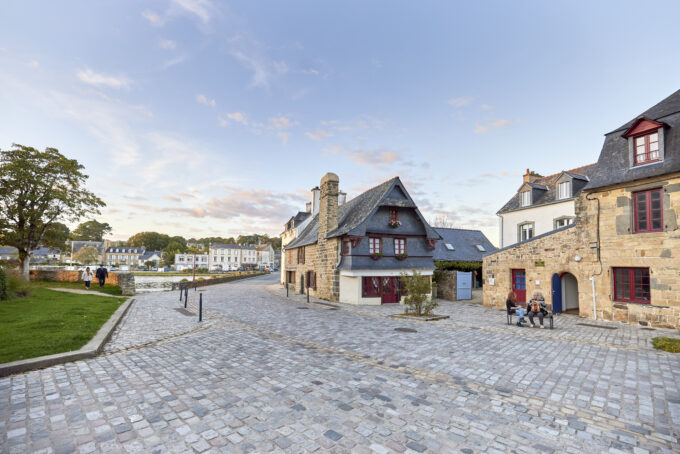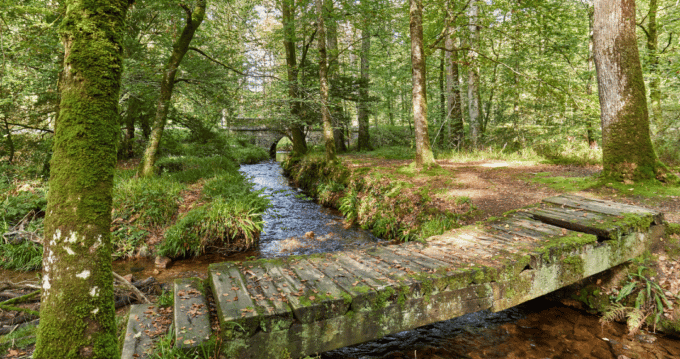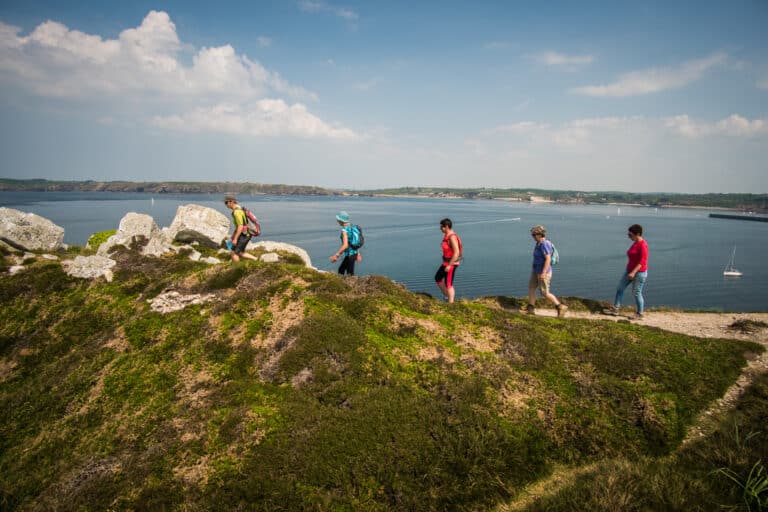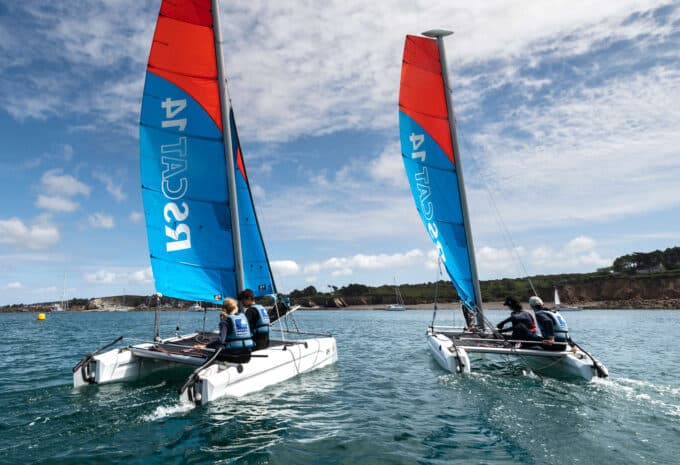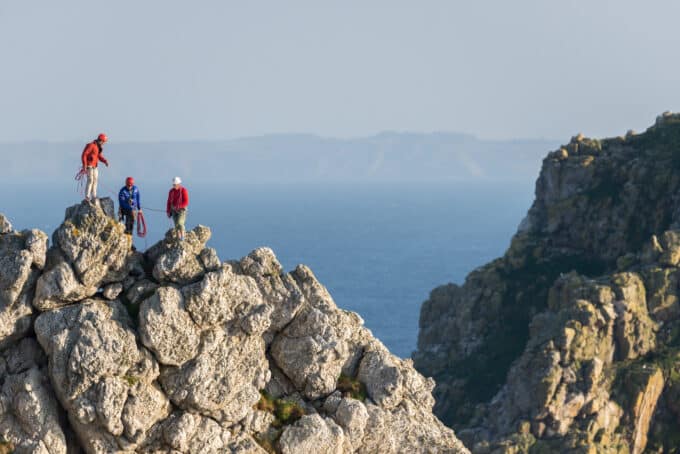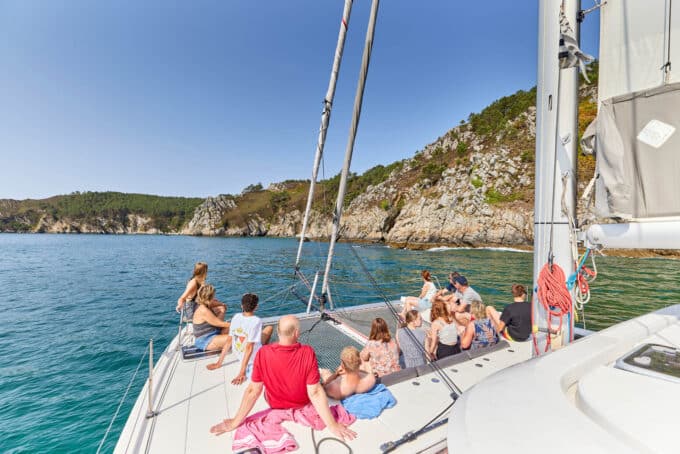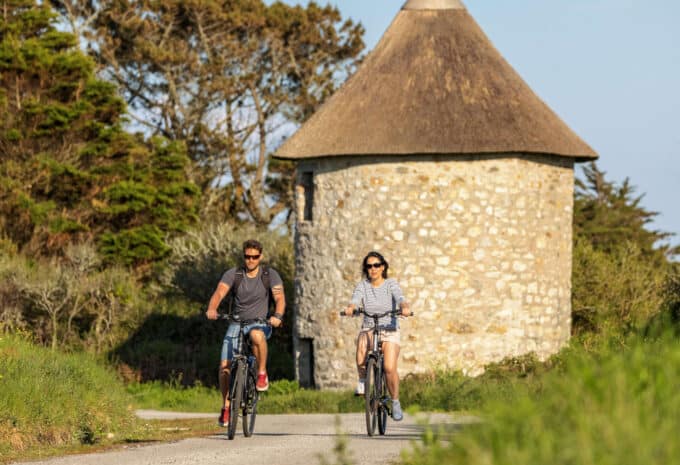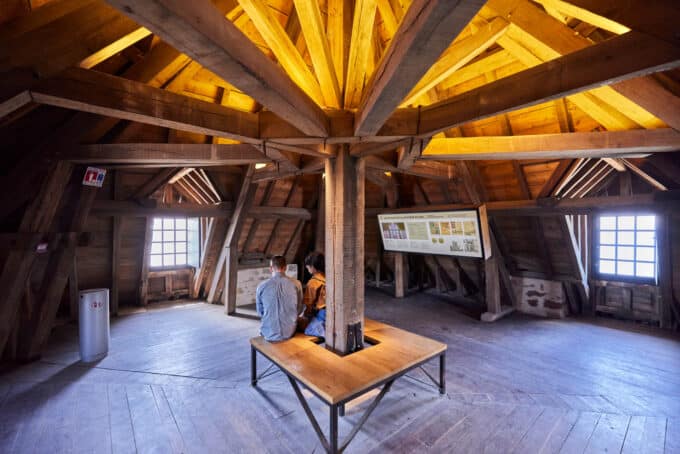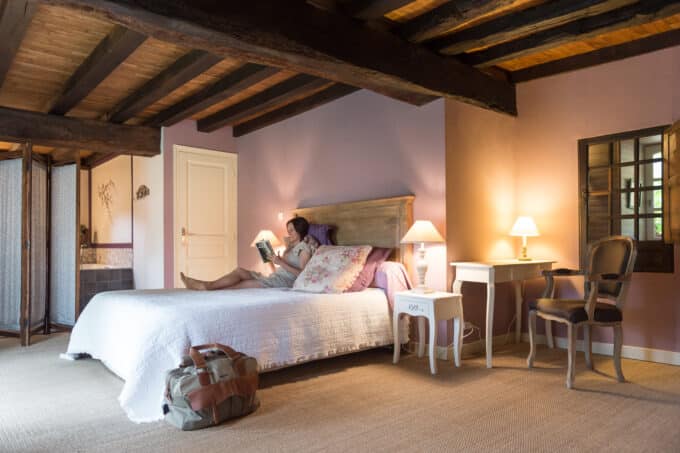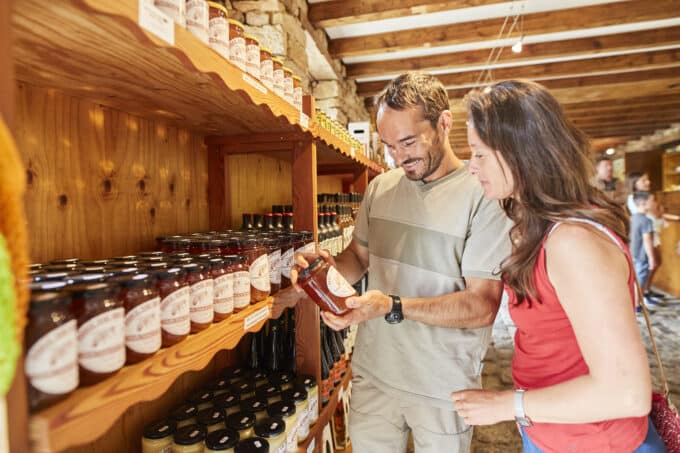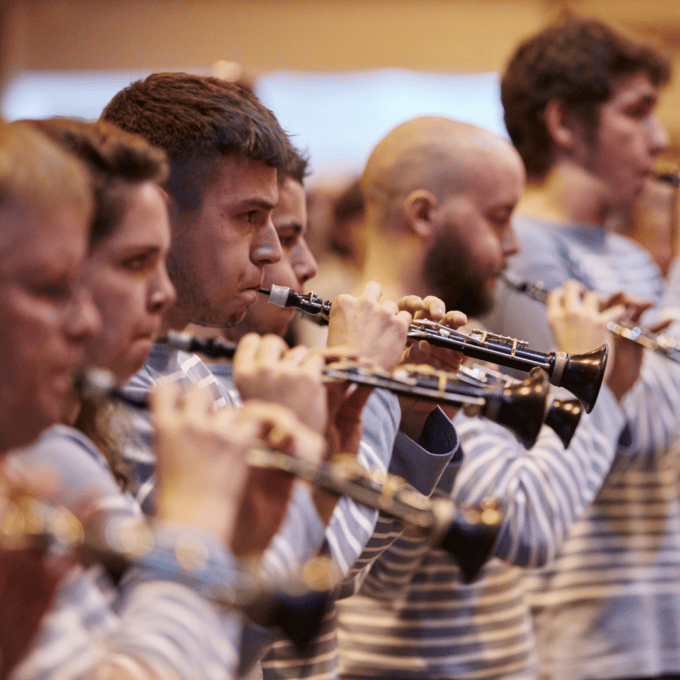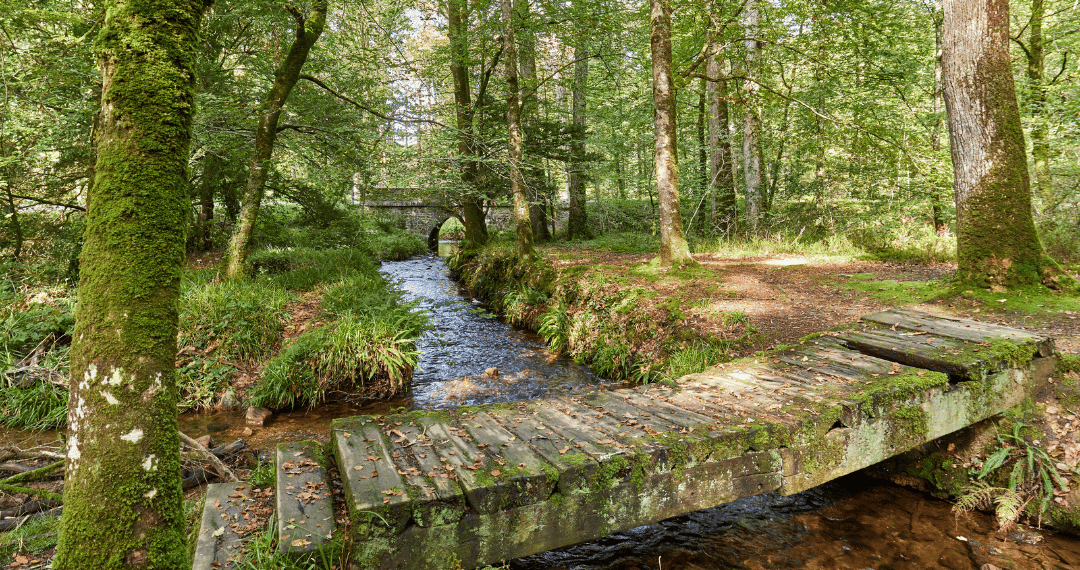Discover the forests of Finistère
Why not leave the coast behind and enjoy the freshness of wooded areas? The Crozon peninsula and Aulne maritime boast three forests, including the largest and oldest in Finistère. Come and discover another facet of the region, just as surprising and rejuvenating.
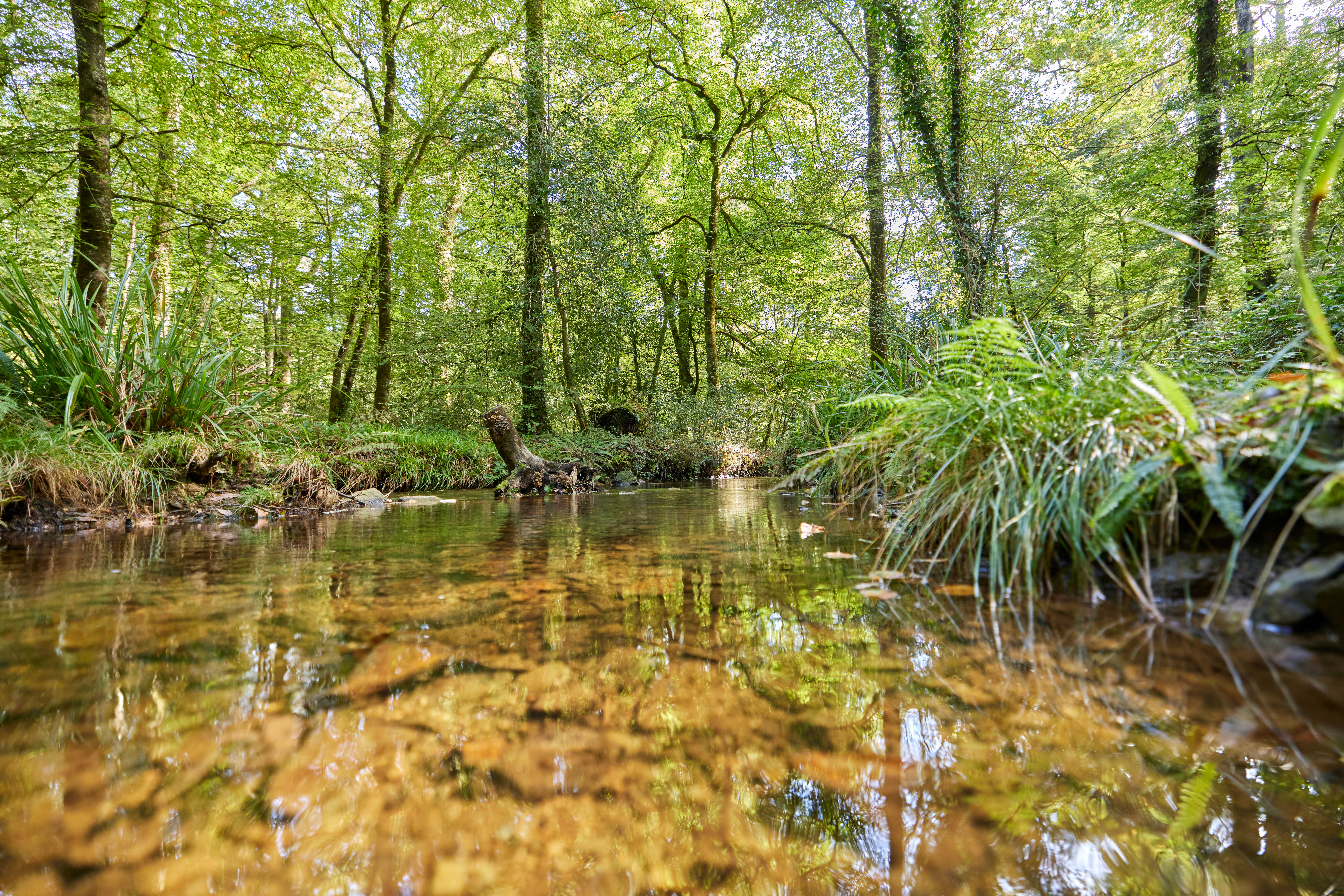
The Cranou forest
With 625 hectares spread over 3 communes and an 11-hectare arboretum, the Cranou forest is the largest in Finistère. It is mainly planted with oak and beech trees and is classified Natura 2000.
In the past, the Cranou forest was used for shipbuilding in Brest. Wood was transported from the port of Le Faou.
Did you know?
The oldest trees in this forest are 240 years old! You can see them at Pont Rouge.
52 km of walks in the Cranou forest
With its hiking and horse-riding trails, the Cranou forest offers a wide range of walking opportunities. It's also an opportunity to discover the forest's heritage (calvary, cross and 17th-century fountain), and to observe a number of protected species, such as Tunbridge's water-lily, a rare fern, and the Great Rhinolophus, a member of the bat family.
The forest boasts a total of 25 rare plant and animal species, including several orchids.

Have you heard of us?
The Quimper snail is a rare and protected species: one of the largest snails in France! If you're lucky enough to come across one, you'll recognize it by its brownish shell, sometimes with golden yellow highlights.
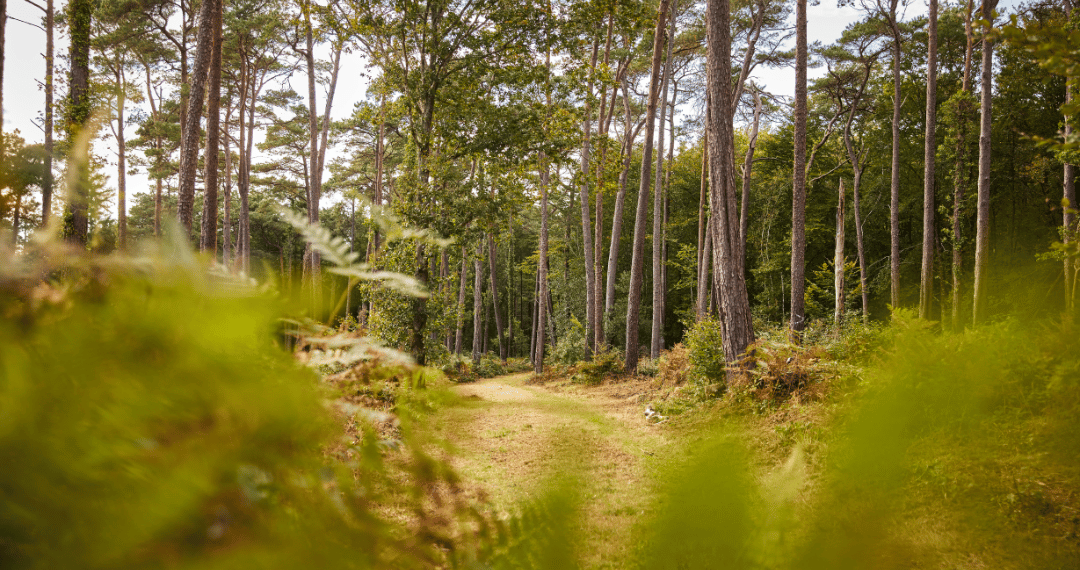
The Landévennec National Forest
This original forest of the Breton coast runs along the Aulne estuary and part of the Brest roadstead. Until the French Revolution, it belonged to Landévennec Abbey, before being transferred to the State.
Its exceptional location allows you to combine a walk in the greenery with the discovery of exceptional viewpoints: the Loc'h cove, the Sillon des Anglais and the Térenez Bridge. You'll also pass by the boat cemetery and the Moulin Mer site.
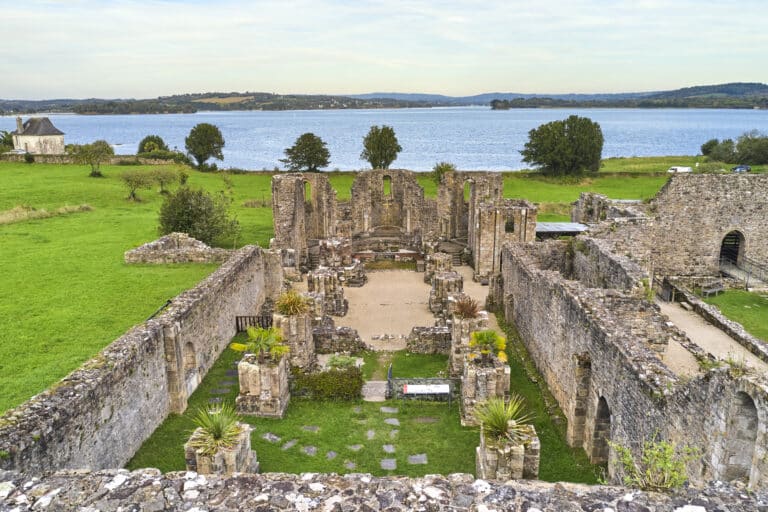
A little history
Landevennec is thought to have been founded in the 5th century, making it one of the oldest abbeys in Brittany. You can visit the ruins, the ancient abbey museum and its garden of simple plants.
A walk in the Landévennec forest
The Landévennec forest boasts 2 hiking trails of 20 and 17 kilometers, as well as a mountain biking and cycling trail. It is also crossed by the GR34, which runs along the entire Brittany coast. It is wooded with 17 species, mainly oaks, beeches and conifers. On the fauna side, you can observe goshawks and chiropterans, and on the flora side, royal pepper and dryopteris eamula, a protected species nicknamed "hay-scented fern" for its characteristic scent.
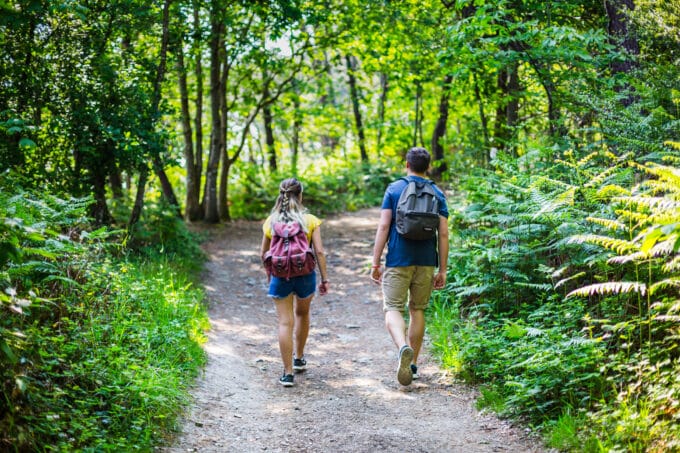
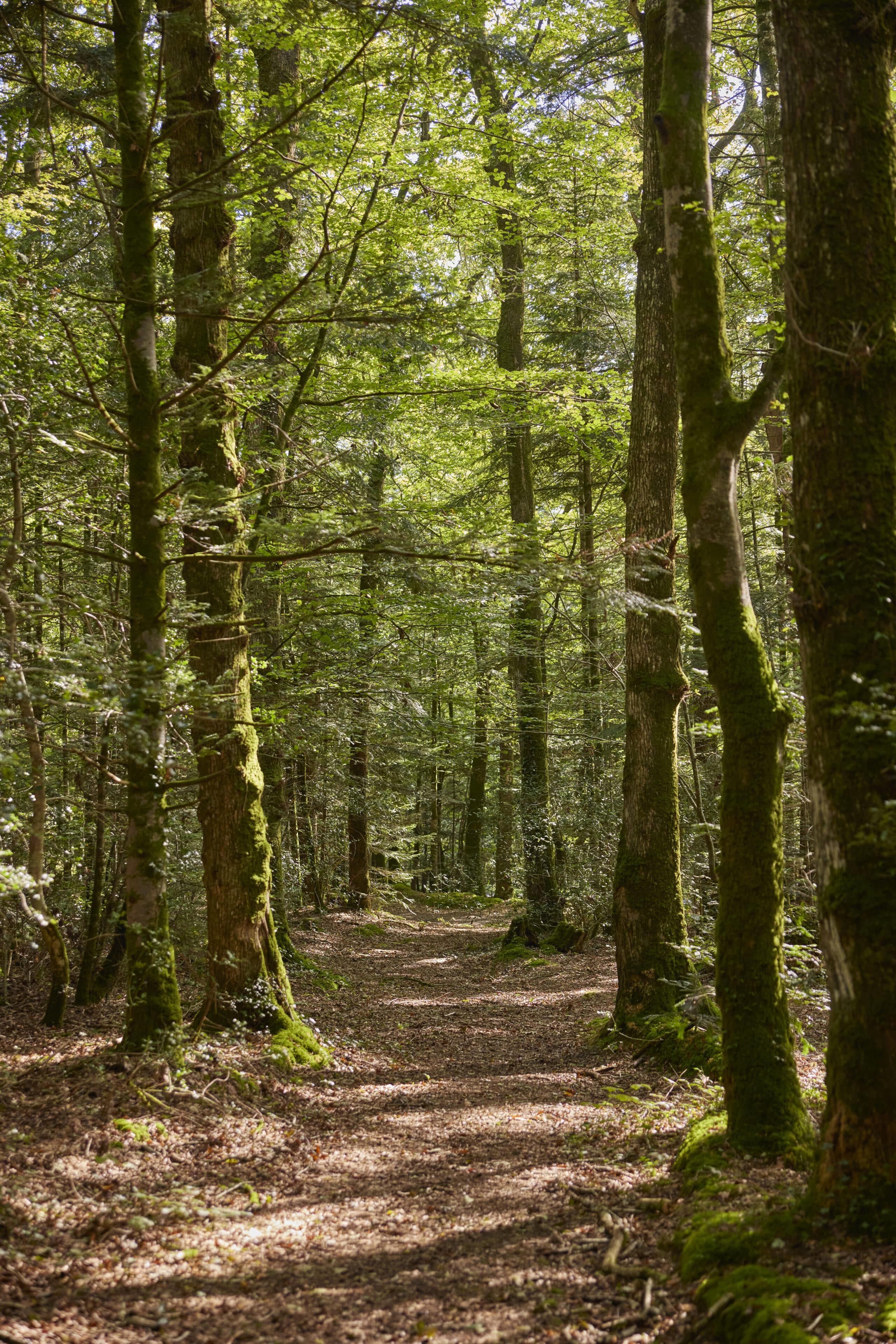
Argol forest
This 185-hectare forest is located on the Argol mountain, in a Natura 2000 zone, part of which is classified as a "special conservation area".
It's THE ideal forest for those who like to get moving! A sports trail, climbing and archery area, accrobranche park and mountain bike trails complete the 28 kilometers of trails.
What to see in Argol forest
If you find a reddish moss at your feet, it's probably Pylaie Sphagnum, a plant species found only in Brittany. Listen carefully! You may hear the distinctive call of the tawny owl. As for the view, the C'hleger rock offers a beautiful panorama of the Aulne estuary and the Térénez bridge.
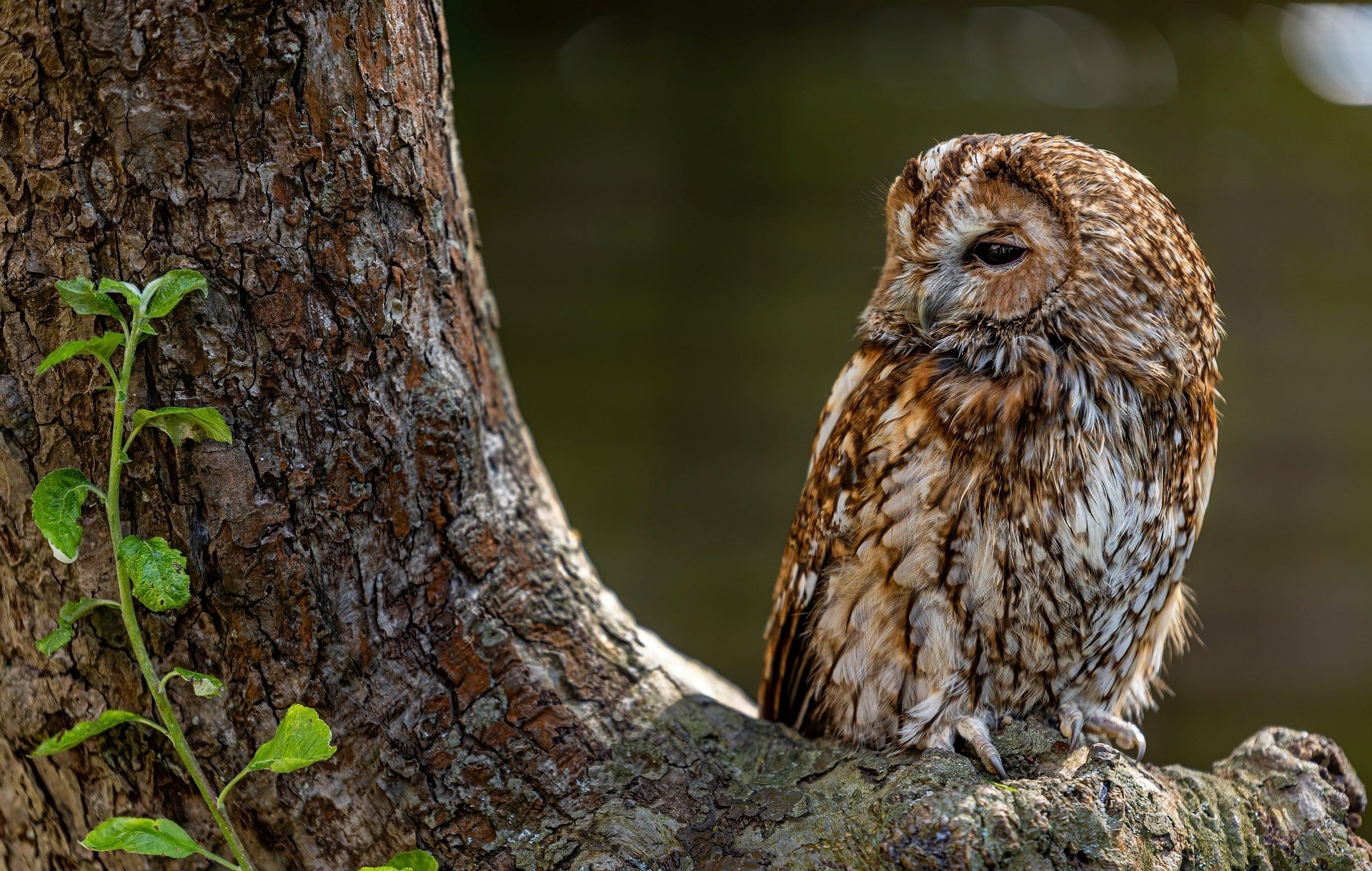
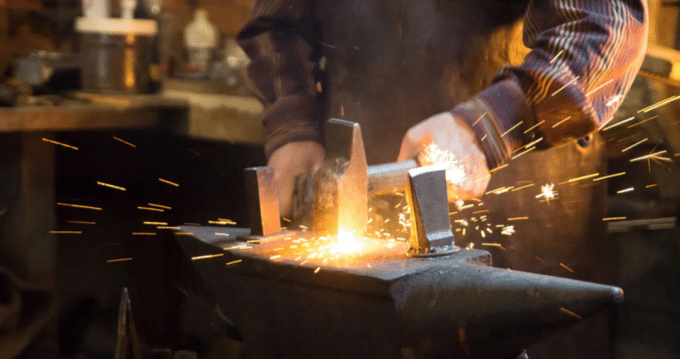
Musée Vivant des Vieux Métiers
In the commune of Argol, the Musée Vivant des Vieux Métiers (Living Museum of Old Crafts) invites you to discover the trades of yesteryear, run by a team of enthusiastic volunteers.
Good forestry practices
In order to preserve the beauty of our natural sites and for everyone's safety, here is a list of good practices to apply when walking in the forest:
- Stay on the marked trails and respect the signs.
- Moderate picking
- Leave dead wood in the forest
- Don't light fires or barbecues, and don't throw away cigarette butts
- Respect the flora and fauna around you
- Keep your dog on a leash
